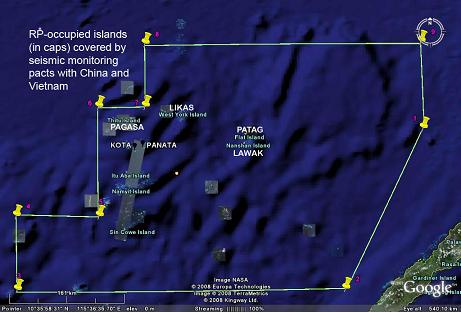by VERA Files
(Conclusion)
It was no accident that it was the Special Action Force of the Philippine National Police that penetrated the Batasan Pambansa and stuffed the ballot boxes with fake election returns to make it look like Gloria Arroyo won the 2004 elections.
Established in 1983 initially to help combat insurgency and later to “destroy enemy forces that undermine the nation’s stability,” the police commandos are trained as a rapid deployment force and to “noiselessly operate in the shadows.”
In its 25-year history, the elite unit has not been impervious to the country’s political upheavals. The SAF joined the February 1986 people power revolution that followed the defection of its founder, then Armed Forces vice chief of staff and Philippine Constabulary-Integrated National Police chief Fidel V. Ramos, and toppled President Ferdinand Marcos.
